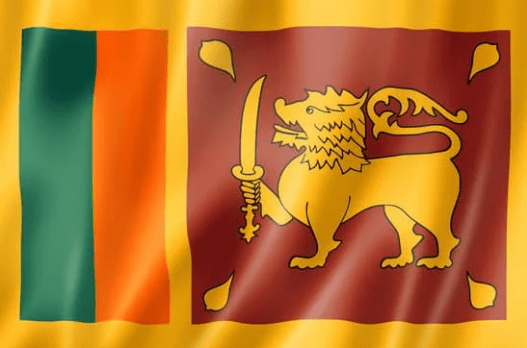Known as Aluth Avuruda in Sinhalese and Puthandu in Tamil, this is the Sri Lankan New Year.
Aluth Avuruda (Sinhalese):
Origins: Rooted in both Buddhist customs and ancient solar practices, Aluth Avuruda marks the transition of the sun from the Meena Rashi (Pisces) to the Mesha Rashi (Aries) in the astrological cycle.
Timing: This festival typically falls between April 13th and 14th. It's not only tied to religious beliefs but also to the ending of the harvest season, aligning with the blooming of flowers and singing of birds in Sri Lanka.
Traditions: Activities begin with cleaning homes and lighting an oil lamp. It's also customary to prepare special dishes like kiribath (milk rice). Specific times (Nekath times) are designated for various activities, such as lighting the hearth, partaking in meals, and even going to work for the first time in the new year.
Significance: Beyond the religious and astrological associations, Aluth Avuruda celebrates the rekindling of relationships. Families come together, and traditional games are played.
Puthandu (Tamil):
Origins: Puthandu, like Aluth Avuruda, marks the transition of the sun into the sign of Aries, but it's a celebration rooted in Hindu customs.
Timing: Falling on the same dates as Aluth Avuruda, between April 13th and 14th, Puthandu is the first day of the Tamil month Chithirai.
Traditions: Homes are cleaned and decorated with colorful kolams (rangoli). An important custom is the "Kanni" where people view auspicious items (like gold, fruits, flowers, and vegetables) upon waking, believed to bring good luck. A lavish feast with dishes like mango pachadi is prepared to symbolize different flavors of life.
Significance: Puthandu is not only a religious celebration but also holds agricultural significance. It marks the time when farmers prepare their lands for the upcoming harvest.
Both festivals, although celebrated by different ethnic groups, showcase the shared importance of the sun's movement, agriculture, family ties, and cultural richness in Sri Lanka.

